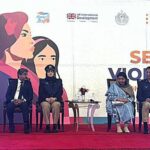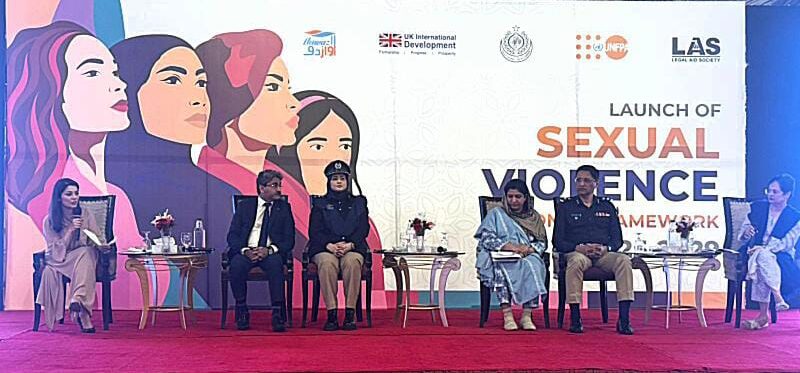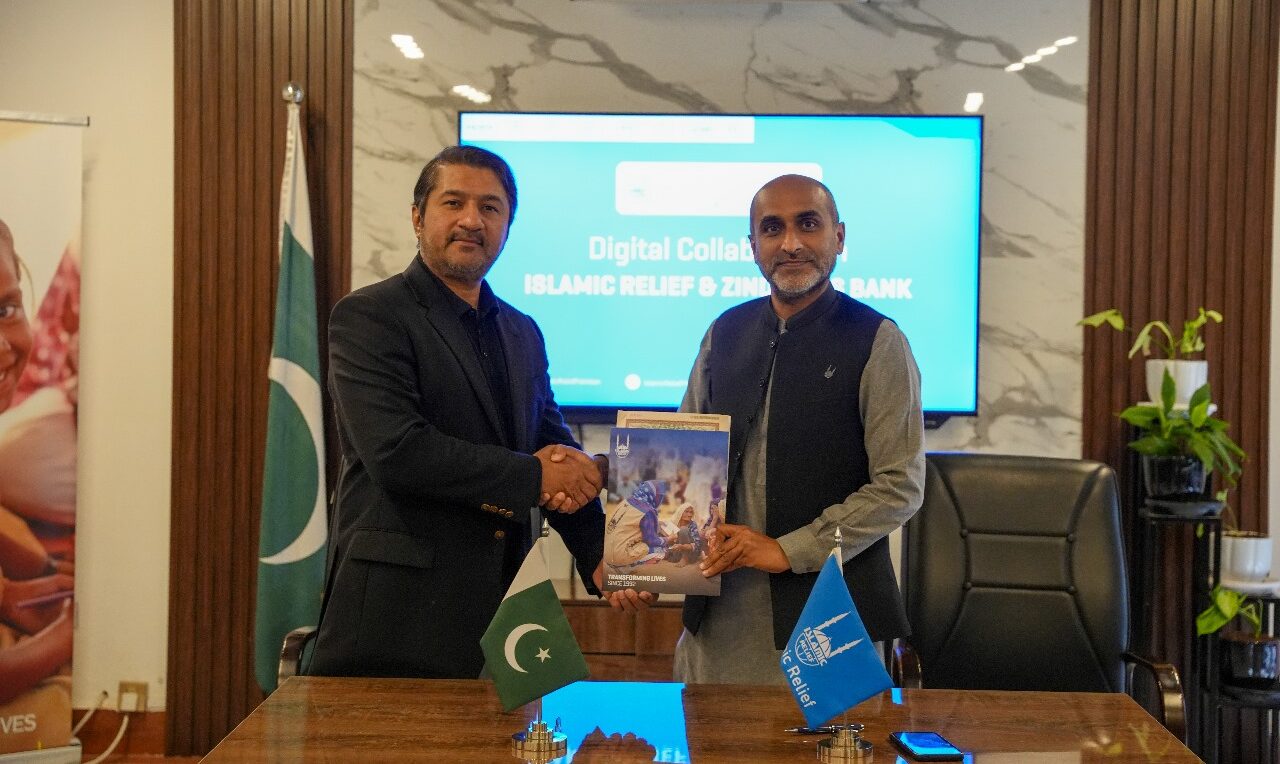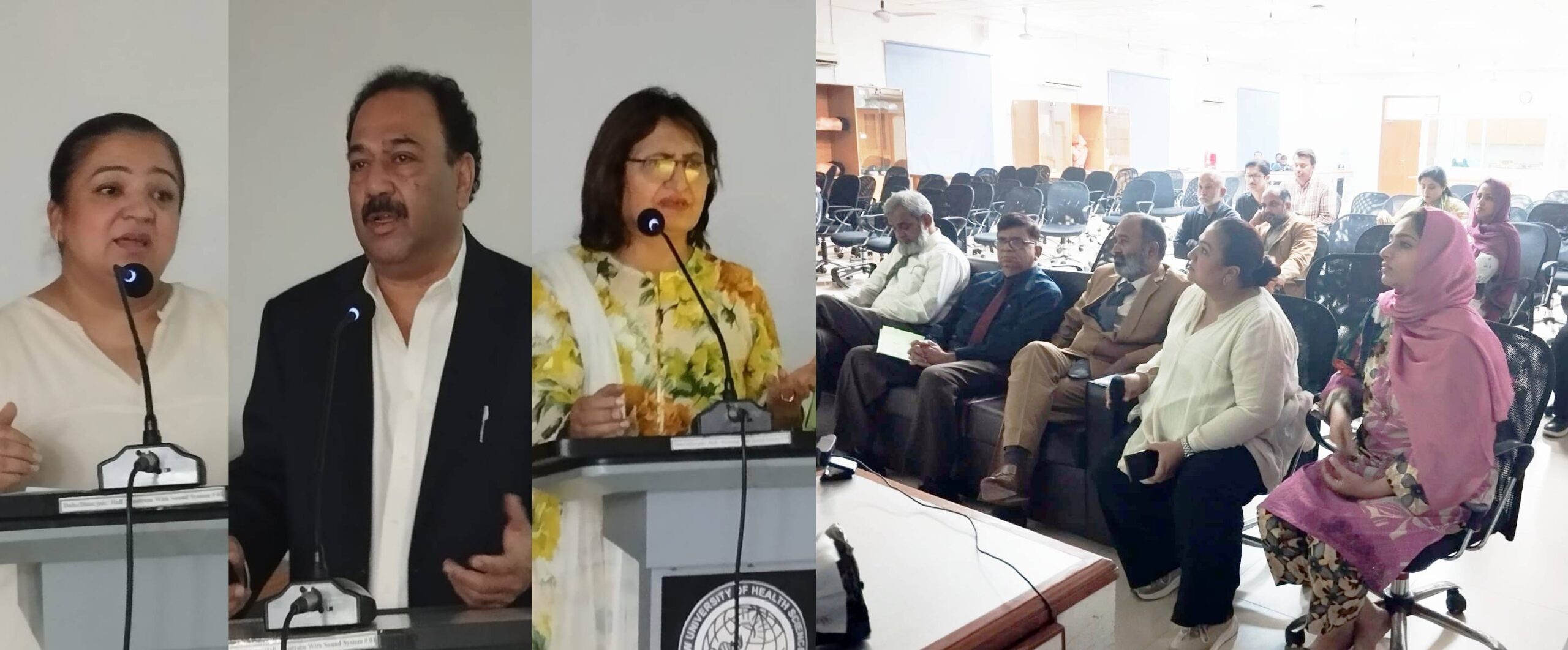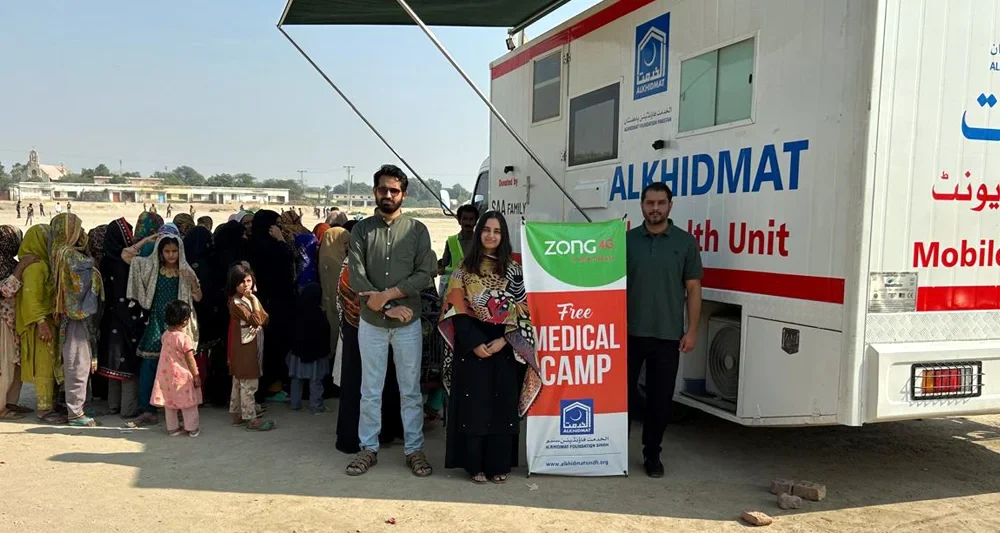KARACHI, 16th December 2024: The Government of Sindh (GoS), in collaboration with the Legal Aid Society (LAS) and the United Nations Population Fund (UNFPA), has unveiled the revised Sexual Violence Response Framework (SVRF) 2025-2029.
Building on the successes of the previous framework (2020-2024), which notably improved conviction rates from 5% in 2020 to 15% in 2023, the updated SVRF introduces stronger prevention measures, survivor rehabilitation programs, and reinforced accountability mechanisms.
Key Highlights:
- Faster Justice: Trial times for sexual and gender-based violence (SGBV) cases in Sindh have reduced from 16.8 months to 8-9 months over five years, thanks to streamlined legal processes.
- Multi-Sectoral Collaboration: The Multi-Sectoral Coordination Committee ensures reforms and policies are informed by ground realities.
- Comprehensive Approach: The SVRF outlines primary prevention, secondary response, and tertiary rehabilitation to address sexual violence holistically.
Barrister Haya Zahid, CEO of LAS, stated, “Our efforts have significantly shortened trial durations and improved access to justice for survivors.”
Ms. Renuka of UNFPA applauded Sindh’s commitment, saying, “These initiatives reflect an unwavering resolve to uphold women’s rights and combat violence against women.”
Highlighting international support, Martin Dawson from the FCDO emphasized, “With 28% of women facing violence, the UK stands with Sindh in creating stronger systems for safety and justice.”
The Secretary of Law Department Sindh, Mr. Ali Ahmed Baloch, described the SVRF as “a pledge to transform survivors’ resilience into dignity and hope.”
Associate Director of LAS, Ms. Maliha Zia Lari, added, “This framework is a practical action plan addressing prevention, response, and rehabilitation for survivors.”
A panel discussion featuring police, prosecutors, and medico-legal experts reinforced the importance of unified efforts in improving access to justice and furthering survivor support systems.
Deputy Secretary of Home Department Sindh, Ms. Fatima Saima Ahmed, closed by stating, “Protecting women’s rights is a collective commitment to dignity, equality, and empowerment.”
The revised SVRF represents a milestone in ensuring survivors of sexual violence receive justice, support, and empowerment within a strengthened legal and social framework.



















































































































































































































































































